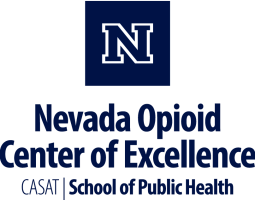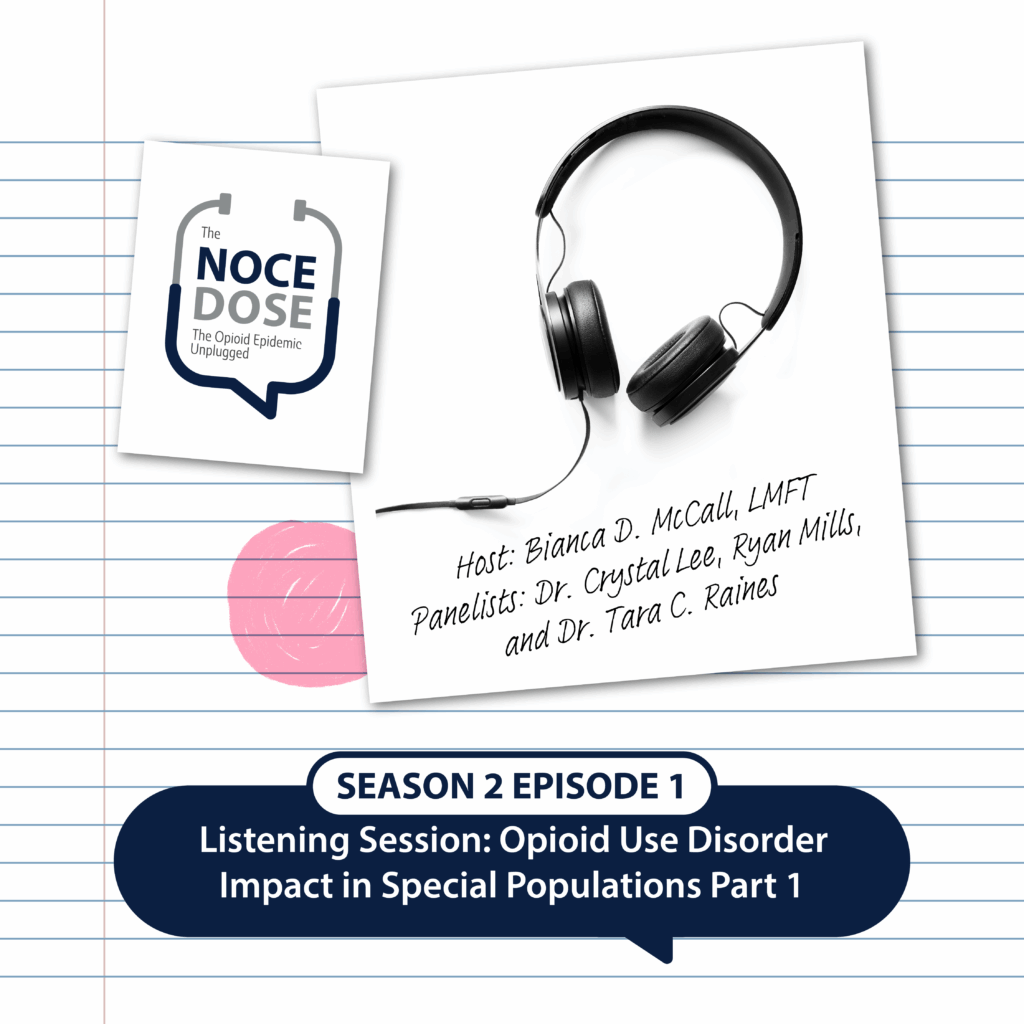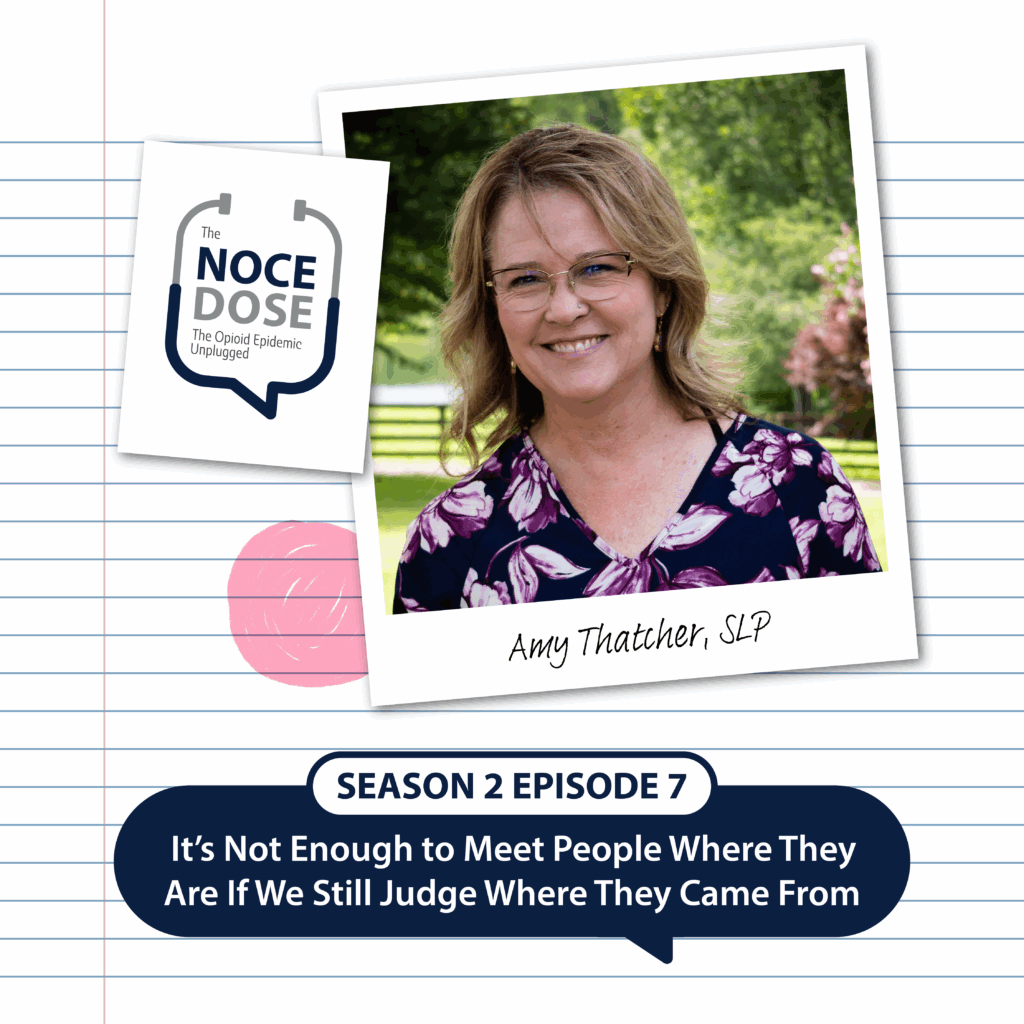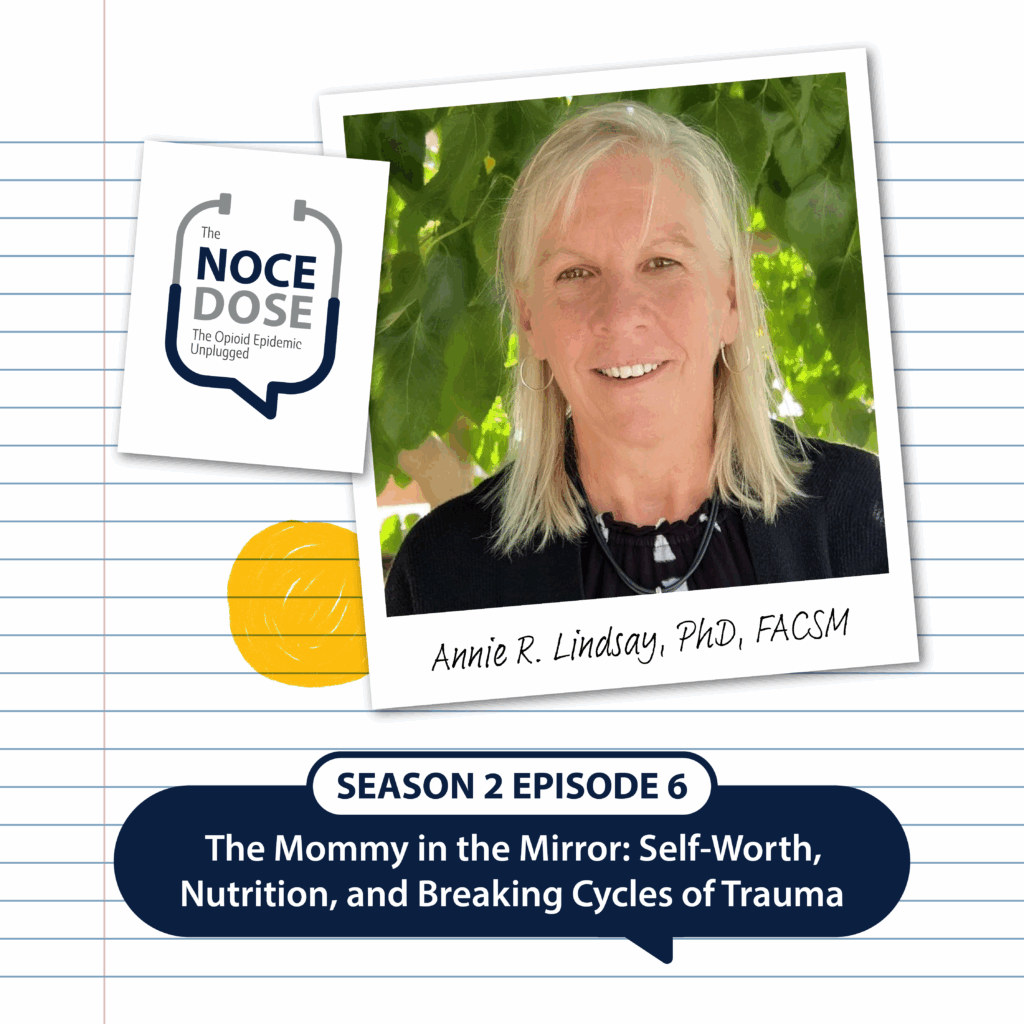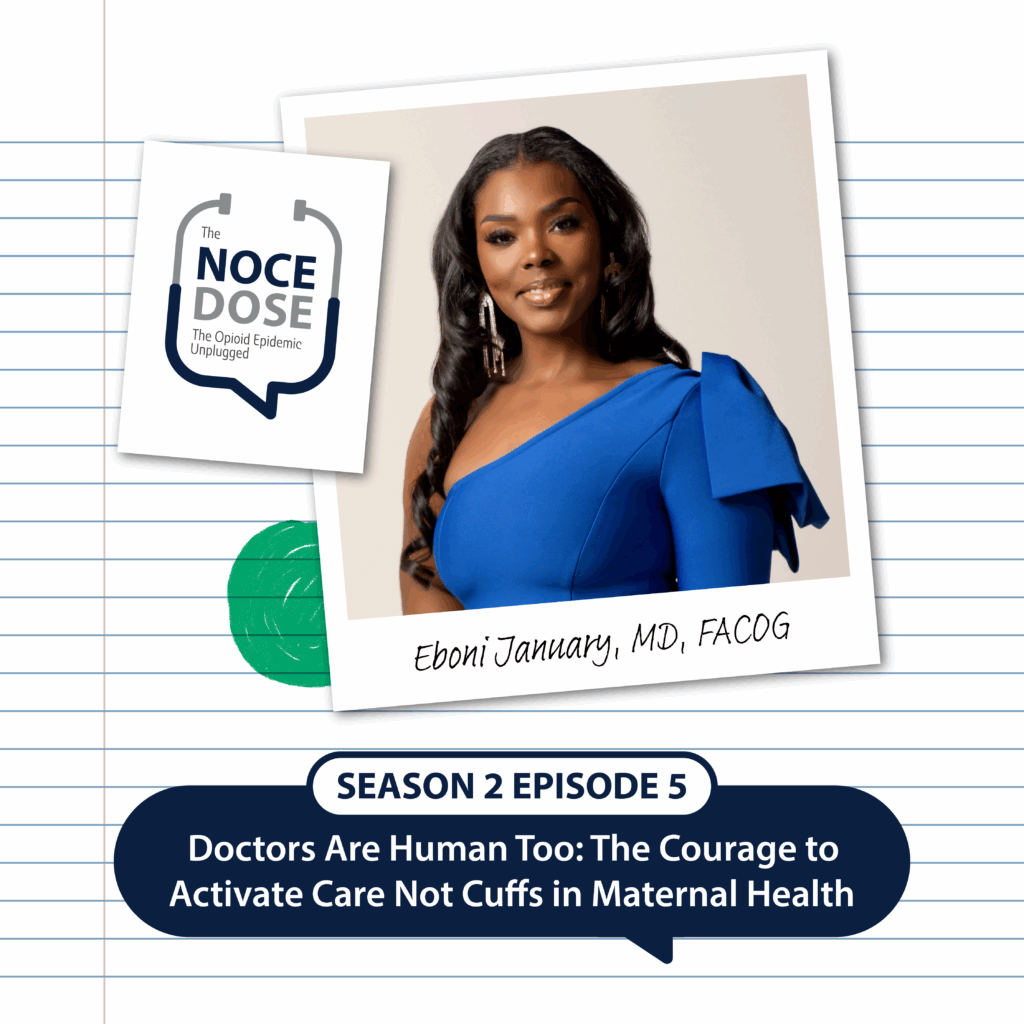This Listening Session is the first in a two-part series designed to examine how Opioid Use Disorder (OUD) impacts specific population groups that experience distinctive health vulnerabilities, including youth, older adults, individuals with disabilities and neurodivergence, birthing women and Tribal Nations. Anchored in evidence-based frameworks for trauma-informed care, developmental risk, and structural competency, the session prioritizes the integration of firsthand narratives with the data on service gaps. Participants will engage in structured dialogue to better understand how variations in age, ability, neurodevelopment, and community context influence OUD risk trajectories and access to care. This session supports a broader objective of informing service models that are integrity-based, developmentally appropriate, and community-informed, consistent with national public health guidance for behavioral health fairness.
In this episode, host Bianca D. McCall, LMFT leads an insightful discussion on how opioid use disorder impacts diverse and often underserved populations. Drawing on years of clinical practice, research, and lived experience, the panel explores prevention, recovery, and culturally responsive approaches to behavioral health.
Moderator: Bianca D. McCall, LMFT
Bianca D. McCall, LMFT is a retired professional women’s basketball player turned international TED speaker and mental health innovator. With over 25 years in behavioral health and 12 as a healthcare CEO, she has pioneered digital health tools aimed at improving emotional well-being and preventing psychological injury. Bianca represents Nevada on national suicide prevention committees through SAMHSA and the U.S. Department of Public Health. As a clinical instructor and curriculum developer with CASAT at the University of Nevada, Reno, she brings both expertise and compassion to her leadership in this discussion.
Panelists:
Dr. Tara C. Raines, Ph.D., N.C.S.P serves as the Deputy Director of the Children’s Advocacy Alliance of Nevada. A nationally recognized school psychologist and researcher, Dr. Raines focuses on early identification of emotional and behavioral risks in youth and addresses the systemic inequities that drive many toward the juvenile justice system. Her work promotes healing-centered, culturally responsive care and bilingual workforce development in mental health and education. With experience at the University of Denver and UNLV, Dr. Raines brings evidence-based insight to the conversation on trauma and intergenerational effects of the opioid crisis.
Dr. Crystal Lee (Diné) is an Assistant Professor at the University of New Mexico College of Population Health and Founder/CEO of United Natives, a national nonprofit delivering free telehealth mental health services to Indigenous communities. Her research and advocacy span infectious disease prevention, Indigenous health policy, and global representation for Native peoples. She has served on multiple United Nations Indigenous caucuses, advised the Obama Administration, and been honored by President Bill Clinton for her leadership. A trailblazer in business and health equity, Dr. Lee’s work bridges culture, policy, and technology to uplift Indigenous wellness.
Ryan Mills is a former professional BMX rider whose path to recovery after a decade-long struggle with heroin addiction has become a story of hope and resilience. After completing a drug court program, Ryan rebuilt his life, reconnecting with family, community, and his passion for BMX. Now a Health Resource Analyst III and Program Specialist with Nevada’s Division of Public and Behavioral Health, he uses his experience to advocate for others navigating addiction and recovery. Ryan’s journey reminds listeners that transformation is possible through support, purpose, and persistence.
Together, this panel dives deep into how opioid use disorder intersects with culture, identity, access, and recovery. From research and policy to personal narrative, this episode offers a powerful look at healing and innovation across communities.
